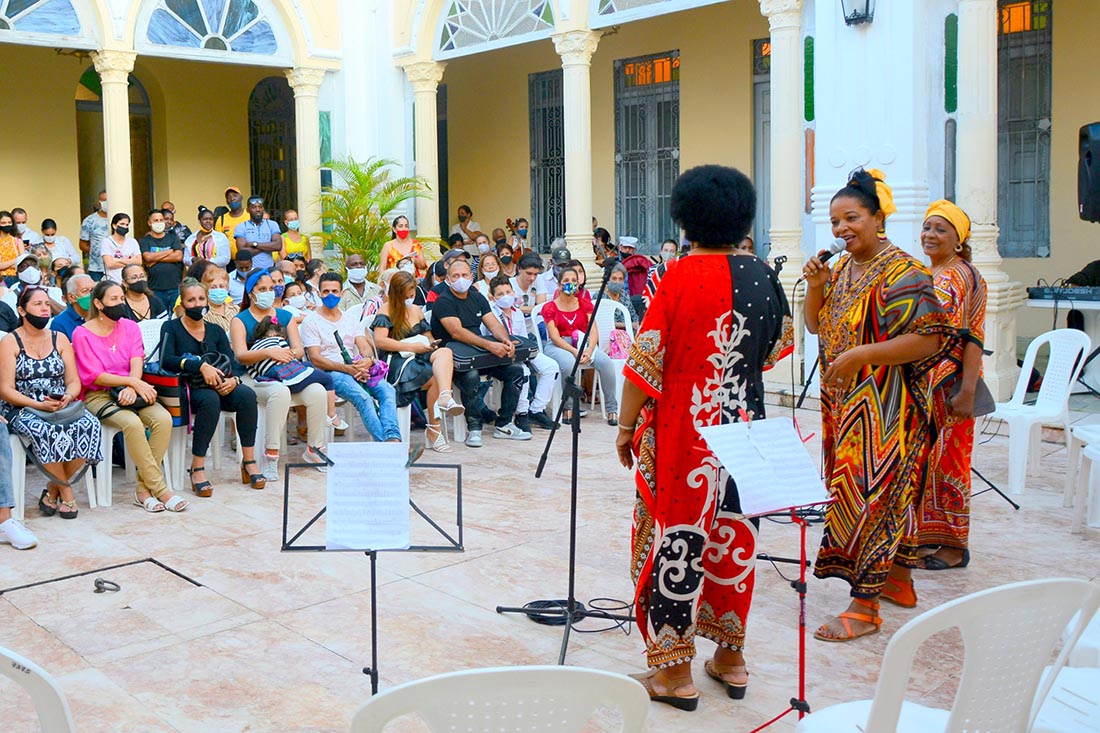By: Oreidis Pimentel Pérez
The first traces of hominids take us back to Africa and if homo sapiens populated the earth from there, millions of years later the continent spread its tanned-skinned inhabitants across various continents due to slavery and colonization.
Since 2019, UNESCO, in its 40th session of the General Conference, has adopted January 24th as the World Day for African and Afrodescendant Culture, a date to signify the painful diaspora that led its chained children across the seas, the continuous emigration and to visualize the cultures, languages, knowledge, promote intertribal peace and the possible development of one of the most impoverished areas of the world.
Tradition does not die
In Camagüey, the Slave Route project, the Olorum festival (sponsored by the Folkloric ballet) and the José Antonio Aponte chair, with its national event for researchers, are some of the efforts for the study and rescue of religiosity, the culinary, raciality, racism and anti-racism, discrimination, the philosophy of the Yoruba, the African in the Cuban and the emancipation processes.
As the researcher Esteban Morales affirms, as a nation we are an incomplete body without the African component, since the concept that those who arrived on slave ships were people without culture has taken root. However, the preservation of their faith behind Catholic idols was an act of cultural resistance, as the late local musician Adalberto Álvarez put it: “From Africa they came and among us they remained, all those warriors who passed into my culture.”
Eurocentrism is not as far away as one might think, it is also present in Cuban and universal education, since schools teach about great civilizations such as the Egyptian, Mesopotamian, Chinese, Indian, Greek and Roman, but not about the Arab and much least of Africa, a continent lost until talking about the departure of slaves to Latin America. Students cannot mention African kingdoms or nations before the 20th century, despite the fact that the Mali Empire had 50 million inhabitants distributed among hundreds of tribes, not to mention those of the Congo, Ghana, Axum, Kanem-Burnu near the Lake Chad and the Songhai-Niger.
In our country the racial issue did not disappear with the Revolution. It is impossible in 60 years to erase the prejudices of the centuries with only decrees. Therefore, the celebration of this day also tries to rectify, through debates, conferences, workshops, cultural events and presentations or exhibitions, the prejudices against the valuable source of common heritage of humanity that means Africa and its descendants for the world.
Translated by: Aileen Álvarez García






